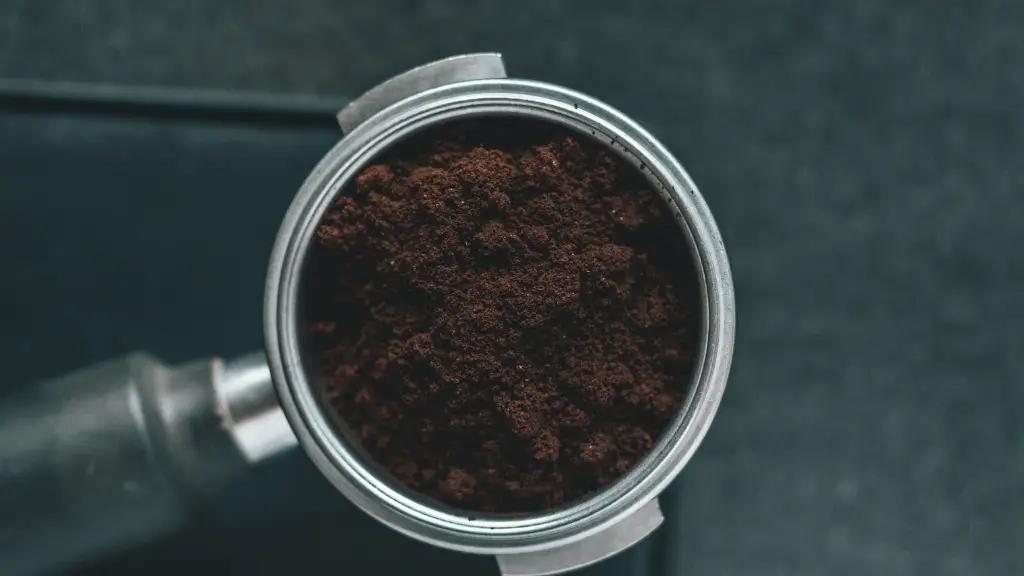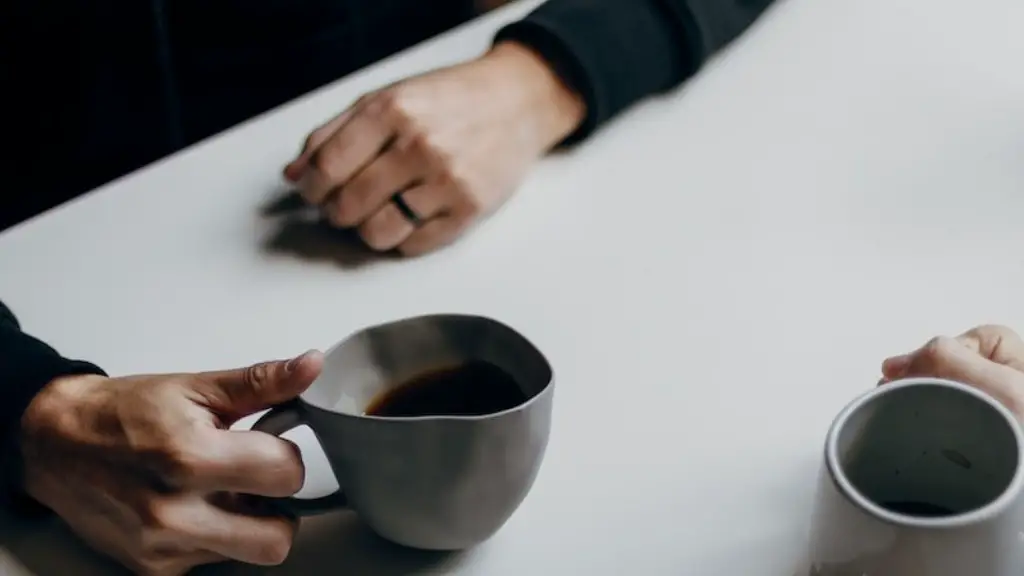We all know that coffee gives us a good jolt of energy to get us going – but can we consume coffee if we’re suffering from hemorrhoids? The short answer is yes, coffee can still be consumed while suffering from the condition, but there are a couple of important considerations to keep in mind.
Hemorrhoids are swollen veins found in the lower rectum and anus. It can be an incredibly uncomfortable condition and is more common than you may think – statistics suggest that around 50% of people worldwide suffer from the condition at some point in life.
Unfortunately, drinking coffee can aggravate hemorrhoids, making them swell further. Coffee naturally contains caffeine, a stimulant that makes us alert and also increases stomach acid production. Too much stomach acid can cause irritation in the digestive system which can then worsen the hemorrhoids.
Excessive consumption of coffee is not recommended for people with hemorrhoids – not only because of the increased acidity but because of the diuretic effects. Diuretics make the body produce more urine and therefore dehydrate the person consuming the coffee, exacerbating the existing hemorrhoids problem.
While it’s not recommended to consume excessive amounts of coffee if you’re suffering from hemorrhoids, moderate consumption could be possible depending on the preferences of the individual.
Dietary Considerations
When it comes to people with hemorrhoids, nutritionists often advise the avoidance of coffee or reducing the amount of coffee in the daily diet – switching to decaffeinated coffee alternatives. Studies suggest that coffee can also worsen the pain associated with hemorrhoids.
Cutting down on caffeine can also be beneficial in reducing inflammation. Strictly avoiding caffeine can also help reduce fluid retention in the body, helping ease the swelling of the veins.
Healing with Hemorrhoids
When it comes to recovering from hemorrhoids, it’s important to understand how to minimize the levels of inflammation in the body. This can be done by consuming a balanced diet, ensuring you get enough fiber, fluids and exercise to help relieve the constipation.
It’s also important to recognize triggers that can worsen hemorrhoids, such as consumption of certain foods such as dairy, hot peppers and spicy foods. Limiting or avoiding these altogether can help reduce flare-ups and help promote healing.
Alternative Beverages
If you enjoy coffee and don’t want to give it up entirely, you can talk to your doctor about substituting it with more nourishing drinks that are easier on the digestive system.
People dealing with the problem of hemorrhoids can try various herbal teas that act as mild diuretics and contribute to digestive health. Green tea, mint tea and chamomile teas are all believed to be beneficial choices.
Other beverages like fruit and vegetable juices can also be consumed in moderation. These are packed with vitamins and minerals that can help aid healing and reduce inflammation in the veins.
Over the Counter Solutions
Additionally, there are various over the counter remedies available to deal with hemorrhoids such as creams, gels and ointments that can be used for topical applications to provide targeted relief. Many of the creams contain steroidal components that help reduce inflammation and soothe the irritation.
Warm sitz baths with mineral salts can also provide considerable relief. This involves filling upthe bathtub or tub with warm water and sitting in it for around 15 minutes.
Additional Treatment Options
In the event that the hemorrhoids do not improve with home remedies and over the counter solutions, it is best to consult a doctor. Depending on the severity of the condition, surgical options may be recommended.
The doctor may recommend one or more procedures such as rubber band ligation, sclerotherapy, hemorrhoidectomy, laser ablation and more. Regardless of the option, each has the ultimate goal of curing the hemorrhoids.
Self Care
Finally, it is important to remember to practice self-care. Regular soft, warm baths and the use of natural products such as aloe vera gel can be beneficial in providing relief from the pain and itching.
It is also important to keep in mind the dietary aspects. Foods that are high in fiber such as legumes, cereals, nuts and fruits should be incorporated into the diet. Eating smaller, frequent meals and drinking plenty of fluids also helps in relieving the symptoms.




